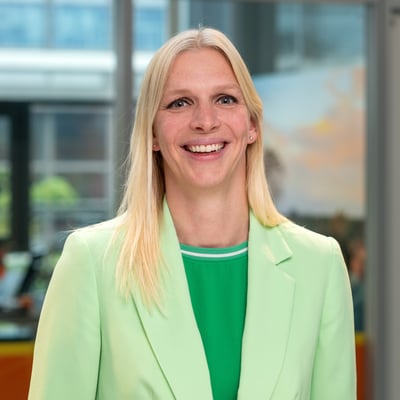Day 1
- Turning data-analytic thinking into effective projects:
The CRISP-DM model to structure data-science projects. Getting flow in data-science projects: agile project management, heartbeat progress reviews, the project portfolio and backlog. Translating business problems into data-analytic problems, and into the data-analytic workflow.
Day 2
- Translating goals into plans into action:
Effective structures for professionals in action: stakeholder management, the work breakdown structure, the value-proposition canvas and the data-mining canvas. Planning under uncertainty and the importance of cadence.

.jpg?width=200&name=Holland%20Innovative%20summer%20academy%20-%20Project%20Management%20Masterclass%202%20(2).jpg)